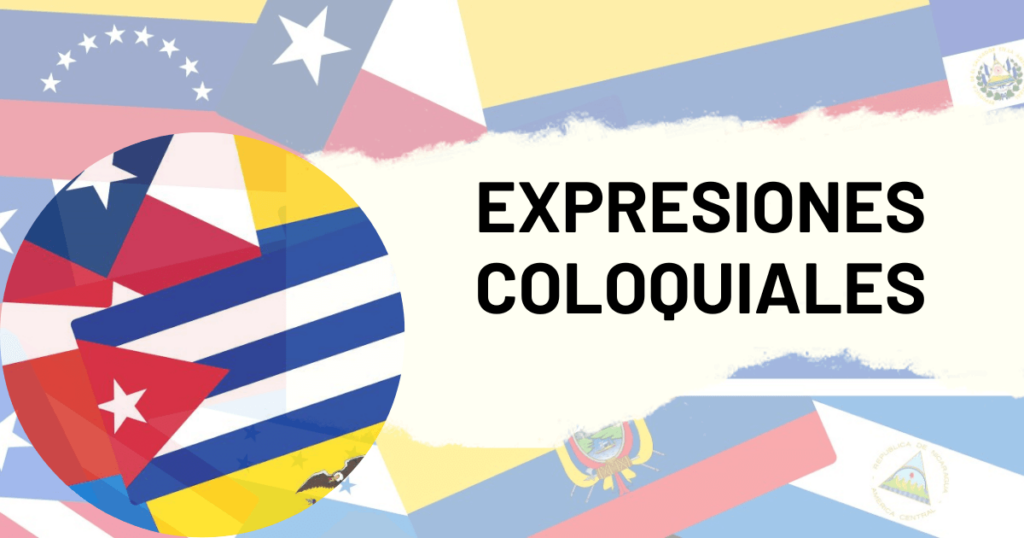Are you learning Spanish and struggling with some aspects of the language? Don’t worry, you are not alone. Spanish is a beautiful and rich language, but it also has its challenges and pitfalls. In this blog post, we will explore some of the most common mistakes and difficulties that Spanish learners face, and how to avoid or overcome them.
False friends: These are words that look or sound similar in Spanish and English, but have different meanings. For example, embarazada does not mean embarrassed, but pregnant. Actual does not mean actual, but current. Carpeta does not mean carpet, but folder. To avoid confusion, always check the meaning of a word in a dictionary before using it, or use a different word that you are sure of.
Verb conjugations: Spanish verbs have many different forms depending on the person, number, tense, mood and aspect. For example, the verb hablar (to speak) has 48 different forms in the indicative mood alone. This can be overwhelming for learners who have to memorize and apply all these rules. To make things easier, focus on the most common and useful tenses first, such as the present, the past simple and the future. Learn the patterns and irregularities of each tense, and practice them with exercises and examples. You can also use online tools like conjugators or verb tables to check your forms.
Gender and number agreement: In Spanish, nouns have a gender (masculine or feminine) and a number (singular or plural). Adjectives, articles and pronouns have to agree with the noun they modify or refer to in gender and number. For example, el libro rojo (the red book), la casa blanca (the white house), los niños felices (the happy children), las mujeres inteligentes (the smart women). To master this skill, you need to learn the gender of each noun and the rules for forming plurals. You also need to pay attention to the endings of adjectives and other words that change according to gender and number.
Pronunciation: Spanish pronunciation is relatively simple compared to English, as most letters have only one sound and there are few exceptions. However, there are some sounds that are difficult for English speakers to produce or distinguish, such as the rolled r, the soft d, the ñ or the difference between b and v. To improve your pronunciation, listen to native speakers as much as possible, imitate their sounds and intonation, practice with tongue twisters and songs, and ask for feedback from a teacher or a friend.
Conclusion
These are some of the most common challenges that Spanish learners face, but they are not impossible to overcome. With patience, practice and perseverance, you will be able to speak Spanish fluently and confidently. Remember that making mistakes is part of the learning process, and that every mistake is an opportunity to learn something new. ¡Buena suerte!









